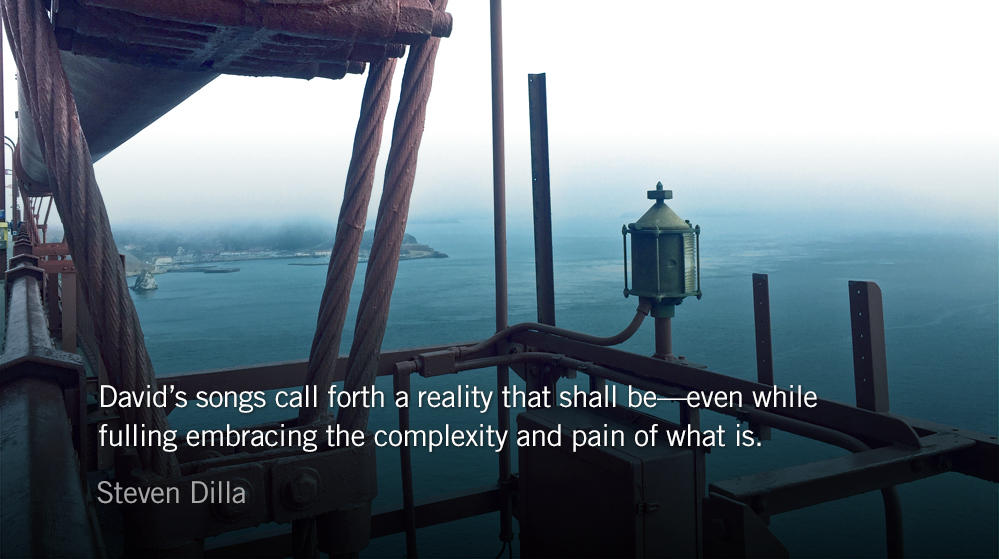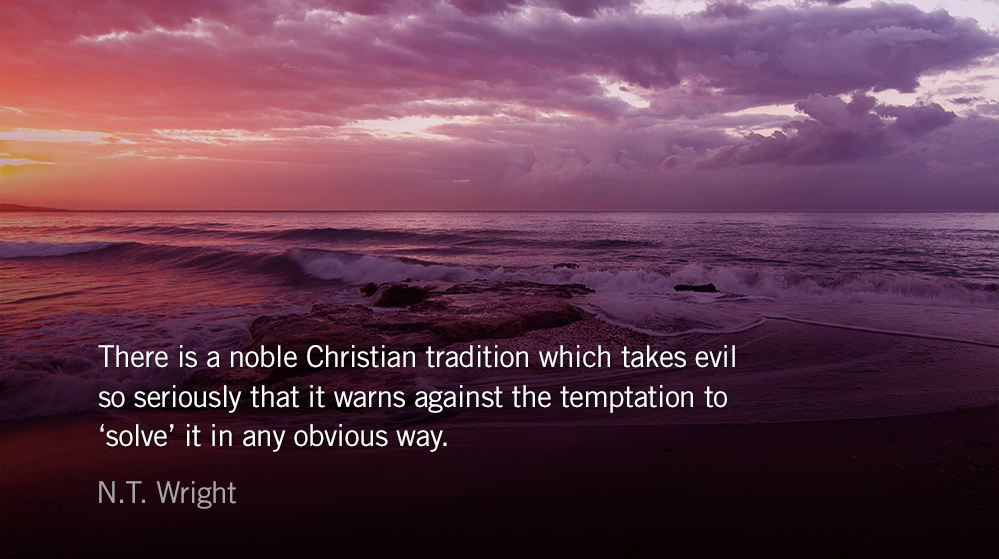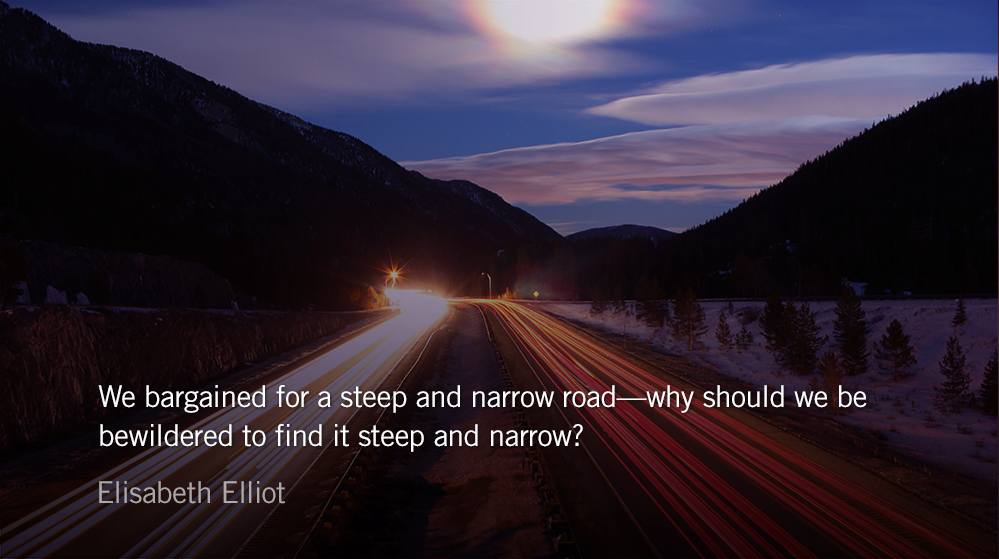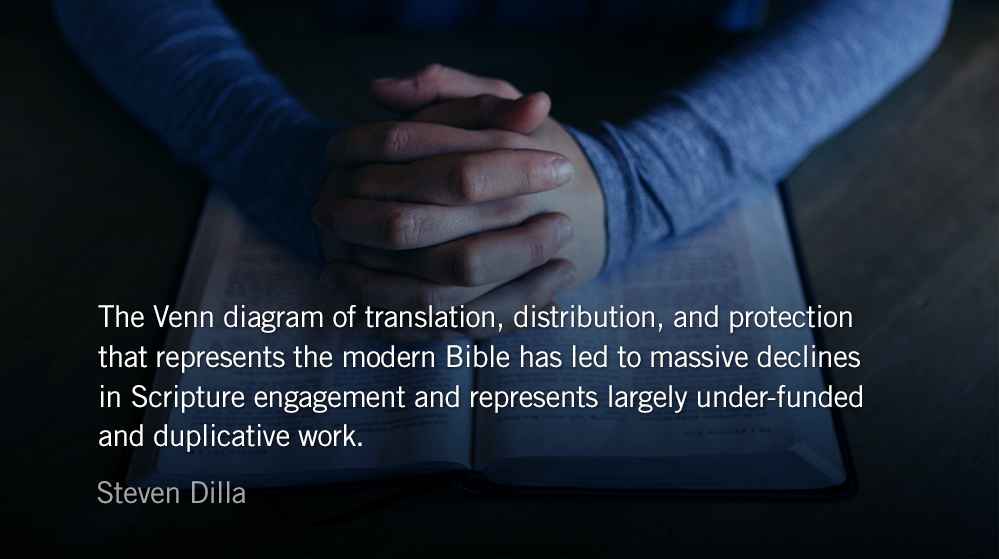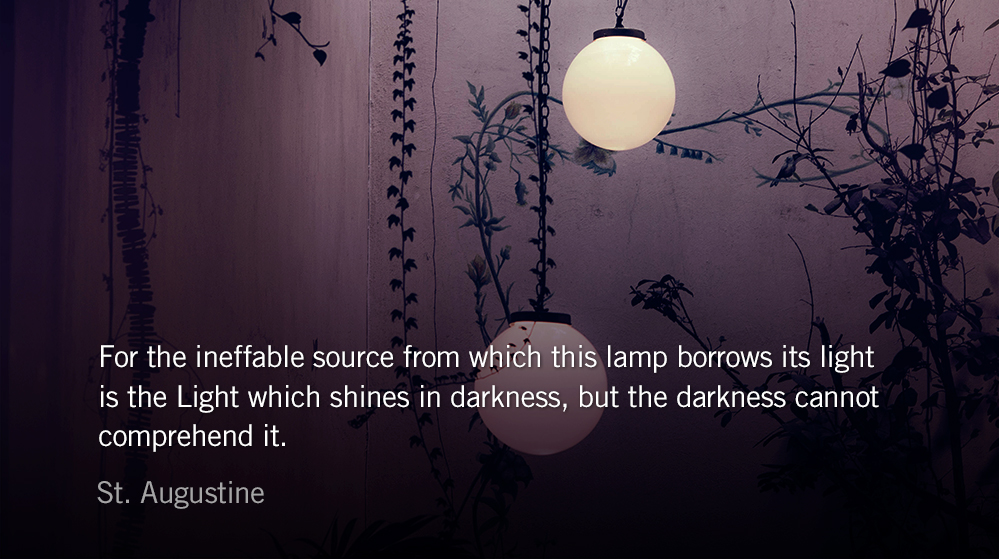The prayers of David, the son of Jesse, are ended. — Psalm 72.20
The spectrum of David’s life is remarkable—from impoverished shepherd boy to king of his nation, from the security of God’s anointing to eking out each day as a political refugee. And here, in Psalm 72, we see his final song to God.
There are four themes worth noting in his concluding psalm: David’s longings for his son, kingdom, legacy, and God. Each word seems to be chosen as much with faith as with seasoned confidence:
Give the king your justice, O God, and your righteousness to the royal son! May he judge your people with righteousness, and your poor with justice!
May they fear you while the sun endures, and as long as the moon, throughout all generations!
May his name endure forever, his fame continue as long as the sun! May people be blessed in him, all nations call him blessed!
Blessed be the Lord, the God of Israel, who alone does wondrous things.
It is here we see the completion of David’s spiritual transformation on earth. No longer does he simply sing of how things ought to be. Now David’s songs call forth a reality that shall be—even while fulling embracing the complexity and pain of what is.
This transformation, Walter Brueggemann argues, follows two transitions. The first is from a orientation around the principles of faith to the disorienting depths of seeing evil succeed against those principles in our world. In modern terms, this is the transition that happens when pain and suffering stretch us beyond the elementary answers and pleasantries of cultural faith.
It is impossible, Brueggemann writes, to return to the simplistic stage of orientation once life has fallen apart. The only two choices are to lose faith or grow into a new orientation—this second move brings a person to a more robust and nuanced way of understanding God and the world.
David’s weeping and longings in the Psalms, then, become the template for our own spiritual transformation—though transformation through pain is counter-cultural. Brueggemann concludes:
Where the worshipping community seriously articulates these two moves, it affirms an understanding of reality that knows that if we try to keep our lives we will lose them, and that when lost for the gospel, we will be given life. Such a practice of the Psalms cannot be taken for granted in our culture, but will be done only if there is resolved intentionality to live life in a more excellent way.
Today’s Reading
Ezekiel 24 (Listen – 4:13)
Psalms 72 (Listen – 2:21)


